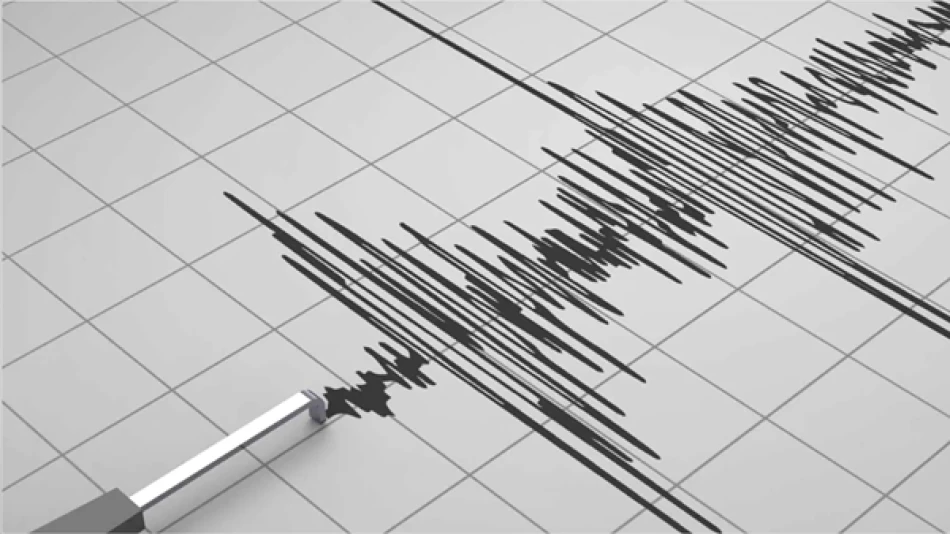
Powerful Earthquake Rattles Greece: Athenians Shaken as Tremors Felt Across Capital
5.3 Magnitude Earthquake Shakes Athens as Greece Faces Continued Seismic Activity
A moderate earthquake measuring 5.3 on the Richter scale struck off the coast of Evia island late Monday night, sending tremors through Athens and highlighting Greece's ongoing vulnerability to seismic events. The quake, felt strongly by nearly 3 million residents in the Greek capital and its suburbs, underscores the country's position along one of Europe's most active earthquake zones.
Earthquake Details and Immediate Impact
The earthquake occurred at 12:30 AM local time (21:30 GMT) with its epicenter located 45 kilometers northeast of Athens in the Aegean Sea, according to the National Observatory's Geodynamics Institute. The tremor originated just four kilometers off the coast of the seaside resort of Nea Styra, situated southwest of Evia, Greece's second-largest island.
Local media reports indicate no immediate casualties or structural damage, though the intensity was significant enough to wake residents across the greater Athens metropolitan area. Sterghios Tserkas, mayor of Marathon—a city near the earthquake's epicenter—described the event as "extremely strong" while confirming that no damage had been reported in his jurisdiction.
Greece's Seismic Reality
Geographic Vulnerability
This latest tremor reinforces Greece's position as one of Europe's most earthquake-prone nations, situated at the convergence of the African and Eurasian tectonic plates. The country experiences thousands of minor earthquakes annually, with significant events occurring regularly due to complex fault systems throughout the region.
Recent Seismic Activity
The Monday night earthquake follows a pattern of increased seismic activity in Greek waters. In May, a more powerful 6.1 magnitude earthquake struck off Crete's coast, with tremors felt as far away as Egypt and throughout mainland Greece, including Athens. This frequency of moderate to strong earthquakes reflects the ongoing tectonic stress in the Eastern Mediterranean.
Economic and Tourism Implications
While no damage was reported from this latest event, Greece's seismic activity poses ongoing challenges for the country's crucial tourism sector and infrastructure development. The nation welcomes over 30 million visitors annually, many drawn to its islands and coastal areas—precisely the regions most affected by earthquake activity.
Insurance markets closely monitor such events, as Greece's earthquake risk factors into property valuations and development costs. The country's building codes, strengthened after devastating earthquakes in previous decades, have proven effective in minimizing damage from moderate quakes like Monday's event.
Preparedness Measures
Greece's earthquake monitoring system, operated through the National Observatory, provides real-time data crucial for emergency response. The quick assessment and public communication following Monday's earthquake demonstrates the infrastructure improvements made since major seismic events in the 1990s and 2000s that caused significant casualties and economic damage.
The absence of immediate damage reports suggests that building standards and public awareness campaigns have enhanced the country's resilience to moderate earthquakes, though larger events remain a persistent concern for both residents and the broader Mediterranean region.
Most Viewed News

 Layla Al Mansoori
Layla Al Mansoori






